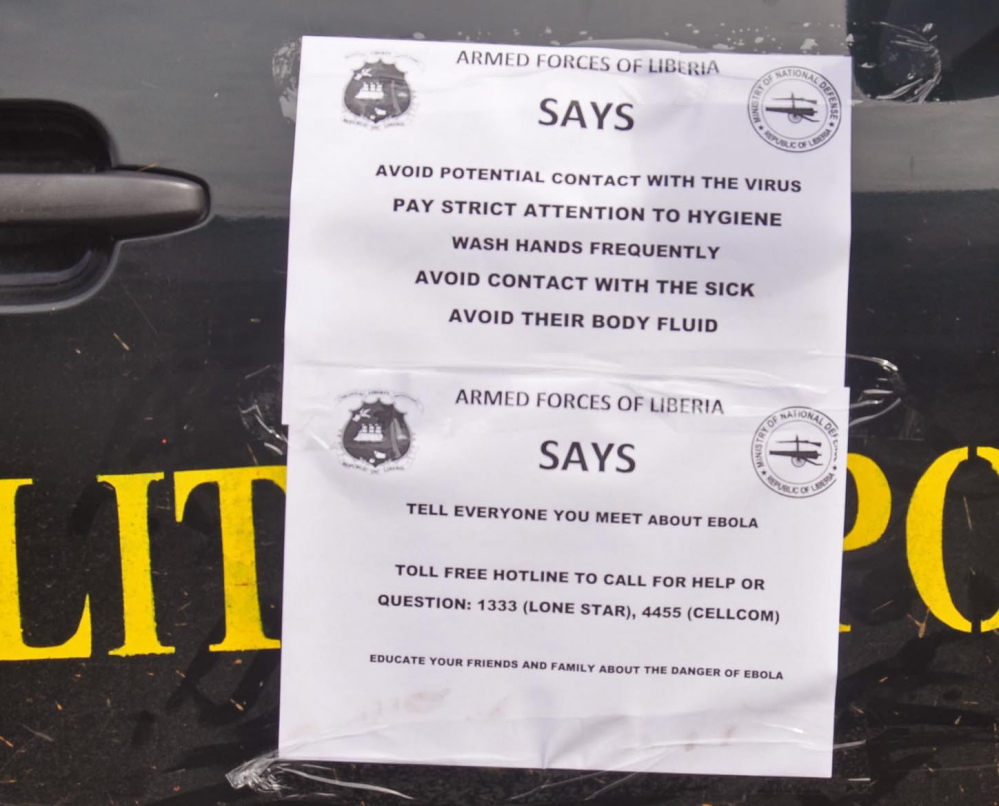ONAKRY, Guinea — An Ebola outbreak that has killed more than 700 people in West Africa is moving faster than the efforts to control the disease, the head of the World Health Organization warned as presidents from the affected countries met Friday in Guinea’s capital.
Dr. Margaret Chan, director-general of the World Health Organization, said the meeting in Conakry “must be a turning point” in the battle against Ebola, which is now sickening people in three African capitals for the first time in history.
“If the situation continues to deteriorate, the consequences can be catastrophic in terms of lost lives but also severe socio-economic disruption and a high risk of spread to other countries,” she said.
At least 729 people in four countries — Guinea, Sierra Leone, Liberia and Nigeria — have died since cases first emerged back in March. While health officials say the virus is transmitted through direct contact with bodily fluids, many sick patients have refused to go to isolation centers.
The fatality rate has been about 60 percent, and the scenes of patients bleeding from the eyes, mouth and ears has led many relatives to keep their sick family members at home instead. Sierra Leone is now sending teams door-to-door in search of Ebola patients and others who have been exposed to the disease.
Chan emphasized Friday that the general public “is not at high risk of infection,” but also said the Ebola virus should not be allowed to circulate widely.
“Constant mutation and adaptation are the survival mechanisms of viruses and other microbes,” she said. “We must not give this virus opportunities to deliver more surprises.”
WHO has said it plans to launch a $100 million response plan that would include funding the deployment of hundreds more health care workers to the affected countries.
Meanwhile, other countries are taking precautions to prevent the spread.
The African Union mission in Somalia canceled a planned troop rotation by Sierra Leone forces in an effort to prevent Ebola from crossing into the Horn of Africa country, the military said.
Seychelles forfeited an African Cup qualifying game and withdrew from the competition Thursday rather than allow Sierra Leone’s soccer team to travel to the Indian Ocean island.
And a cyclist from Sierra Leone competed in the Commonwealth Games after being tested for Ebola. Moses Sesay, 32, was admitted to a Glasgow hospital last week after feeling unwell, and doctors tested him for various conditions, including Ebola. Sesay was passed fit, and released from hospital in time to compete in the individual time trial on Thursday.
Send questions/comments to the editors.


